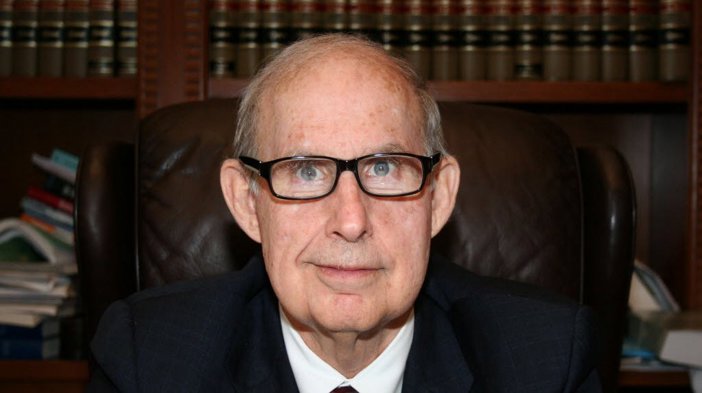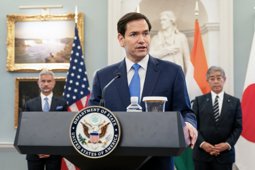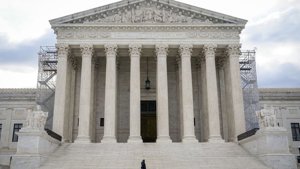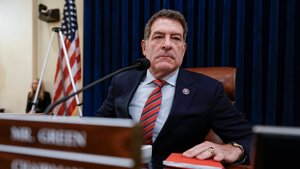
Judge Adelman to Oversee Dugan ICE Case
Judge Lynn Adelman, criticized for past anti-Trump remarks, will oversee Judge Hannah Dugan’s ICE-related trial.
Federal Judge With Political Past Takes Center Stage
U.S. District Judge Lynn Adelman has been assigned to preside over the criminal trial of Milwaukee County Circuit Judge Hannah Dugan, who faces charges of aiding an undocumented immigrant in evading Immigration and Customs Enforcement (ICE) agents. The assignment has sparked renewed scrutiny over Adelman’s long record of political commentary and past rulings.
Judge Adelman, 85, was appointed to the bench by President Bill Clinton in 1997 after serving two decades as a Democratic legislator in the Wisconsin state Senate. Though he has not held elected office in years, critics have pointed to his recent writings and rulings as indicators of continued political bias—particularly his strong criticisms of President Donald Trump and Chief Justice John Roberts.
Dugan, recently indicted, stands accused of shielding an illegal immigrant from ICE while on the bench. Adelman’s role in overseeing her jury trial is drawing attention from court-watchers, given his controversial legal and political commentary in recent years.
Past Writings Stir Concern Over Impartiality
In 2020, Adelman published an article titled “The Roberts Court’s Assault on Democracy” in the Harvard Law & Policy Review. In the piece, he accused Chief Justice Roberts of abandoning the promises made during his Senate confirmation and accused the Supreme Court’s conservative majority of undermining democratic principles.
Adelman also harshly criticized President Trump, writing that his temperament was “that of an autocrat” and that Trump was “disinclined to buck the wealthy individuals and corporations who control his party.”
The article drew sharp condemnation, prompting the Civility Committee for the Seventh Circuit Court of Appeals to issue a formal admonition. While his statements did not violate judicial ethics outright, the committee warned that they “could be seen as inconsistent with a judge’s duty to promote public confidence in the integrity and impartiality of the judiciary.” Adelman later issued a public apology.
Concerns over his impartiality are further heightened by his involvement in Wisconsin’s voter ID law case. Adelman blocked the law’s enforcement ahead of elections, a decision later reversed by the Seventh Circuit, which criticized him for lacking Supreme Court precedent in his ruling.
Observers such as legal scholar Josh Blackman and Article III Project’s Mike Davis remain skeptical that Adelman can remain neutral in high-stakes cases involving political undertones. Their concerns echo broader criticism from Trump allies who accuse so-called “activist” judges of obstructing the administration’s legal agenda.
Still, others point out that federal judges are typically guided by precedent and avoid public political statements due to the Canons of Judicial Conduct. Legal analysts suggest that any signs of bias from Adelman during the Dugan trial will be closely watched.
“Because of these ethical principles, judges are usually highly restrained in their public comments, particularly about political or ideological matters,” one expert noted. Many judges, he added, prefer to let their court rulings speak for themselves, rather than engaging in editorial commentary.
Dugan’s case, paired with Adelman’s history, is now poised to become a litmus test for judicial restraint and the perception of neutrality in politically charged trials. All eyes will be on the courtroom as proceedings move forward.






